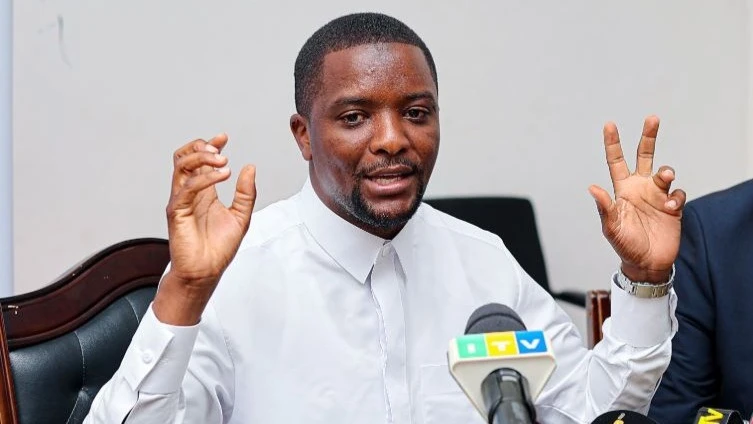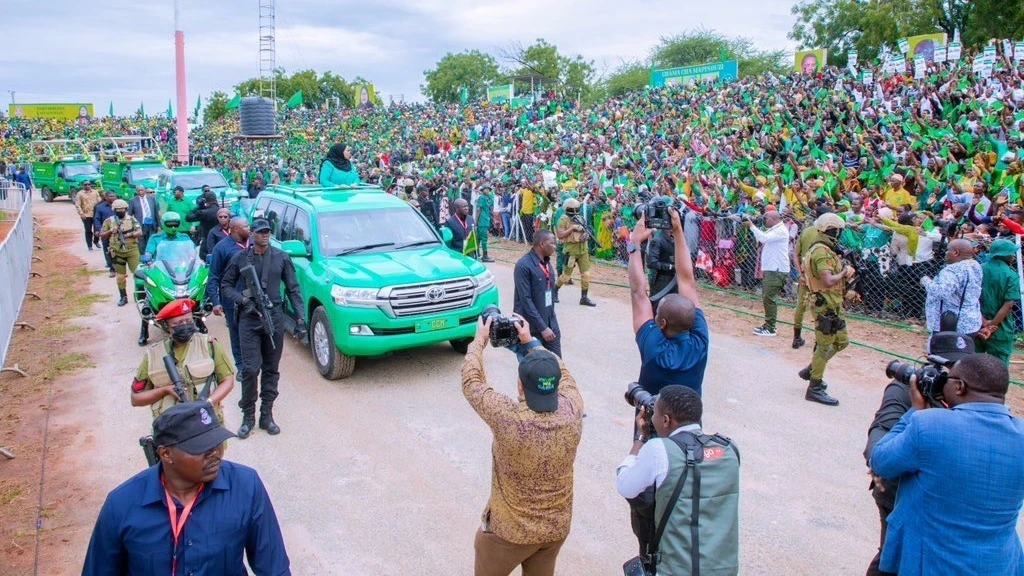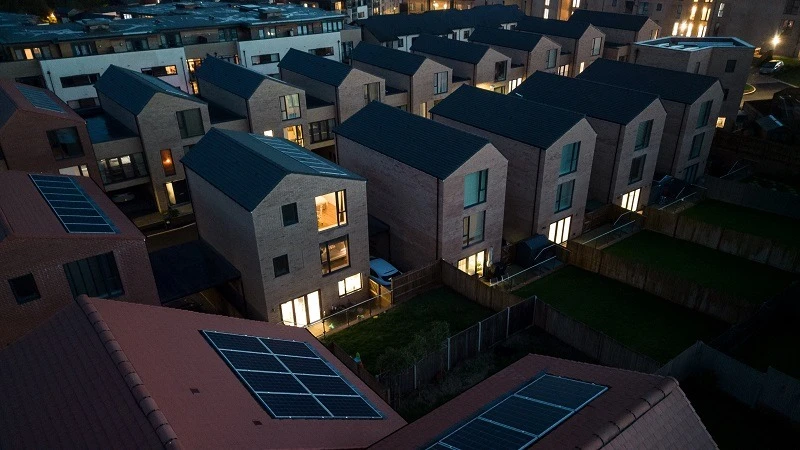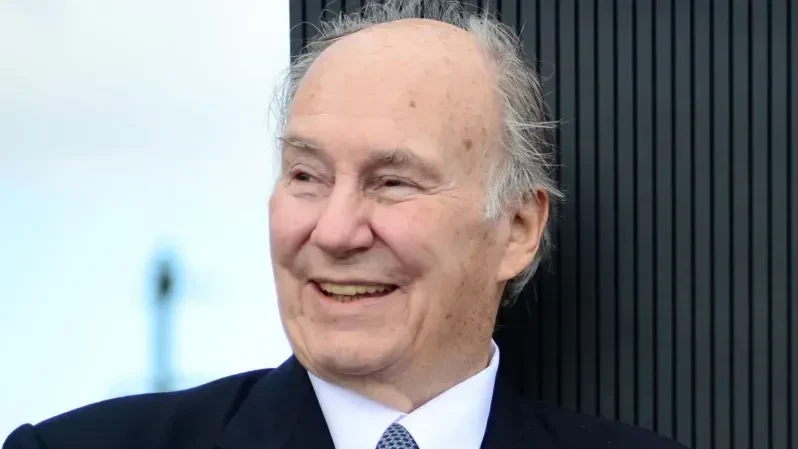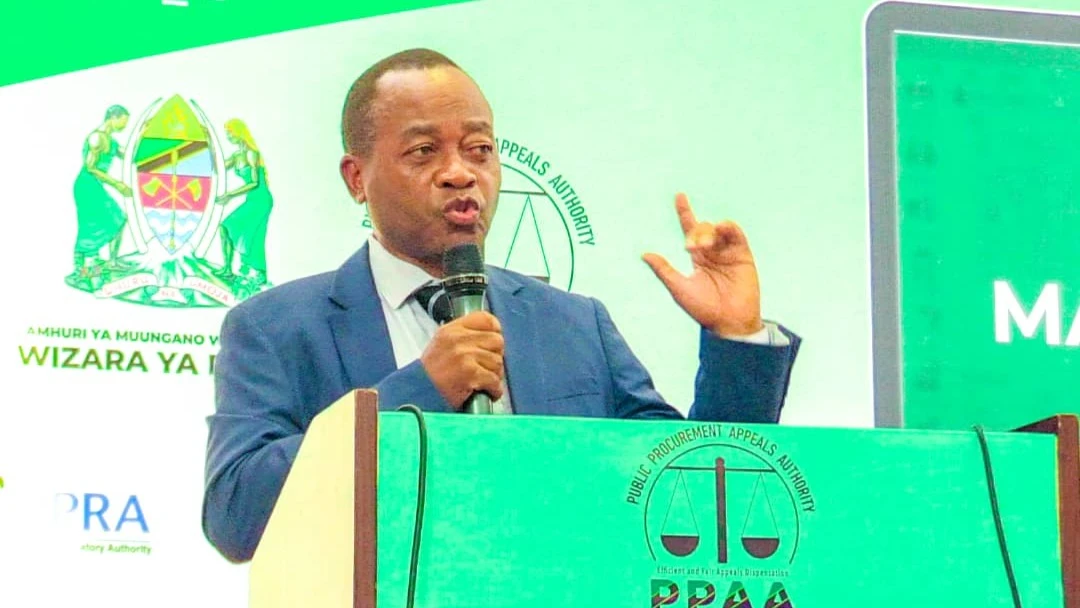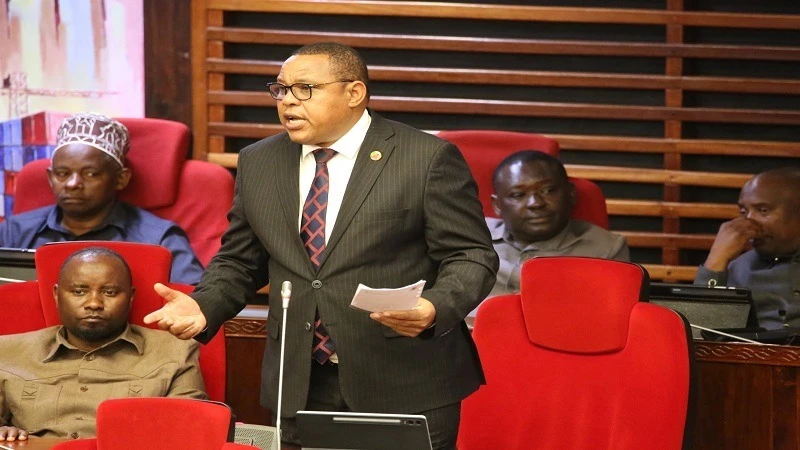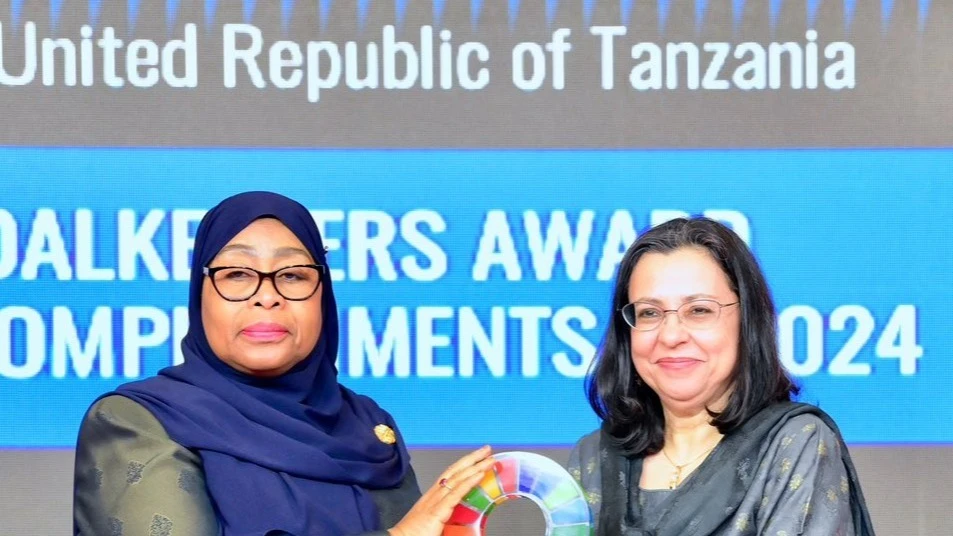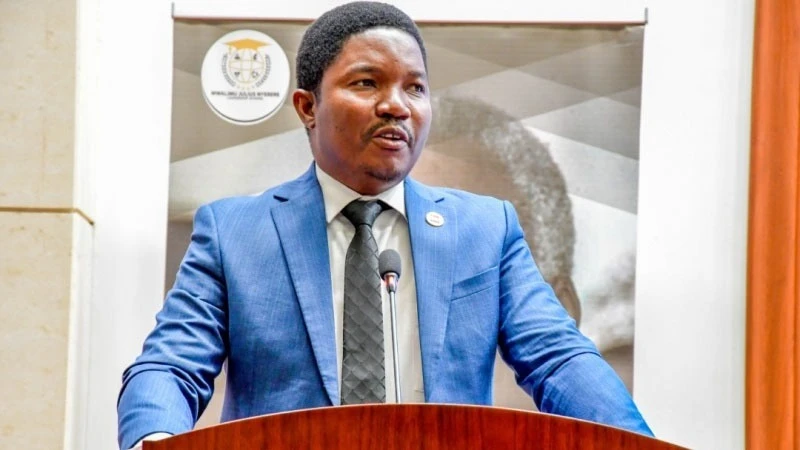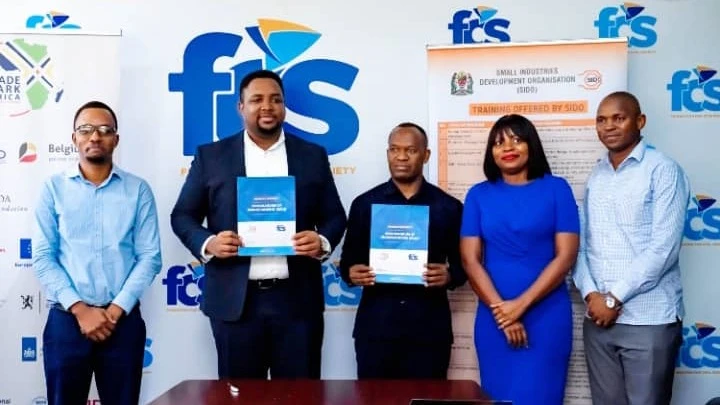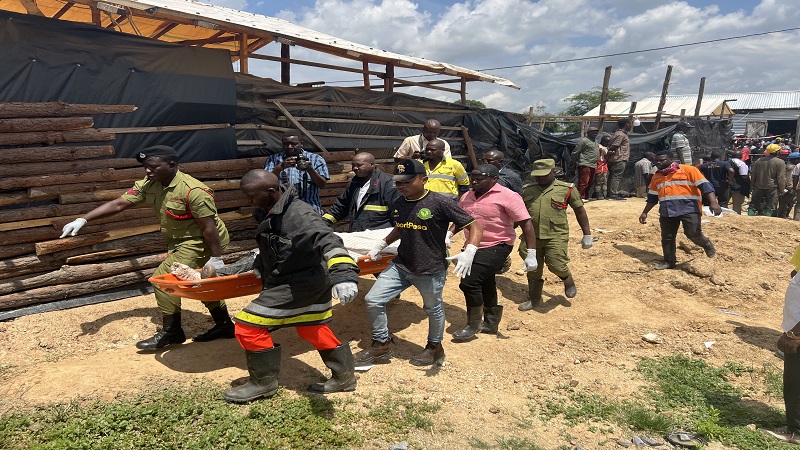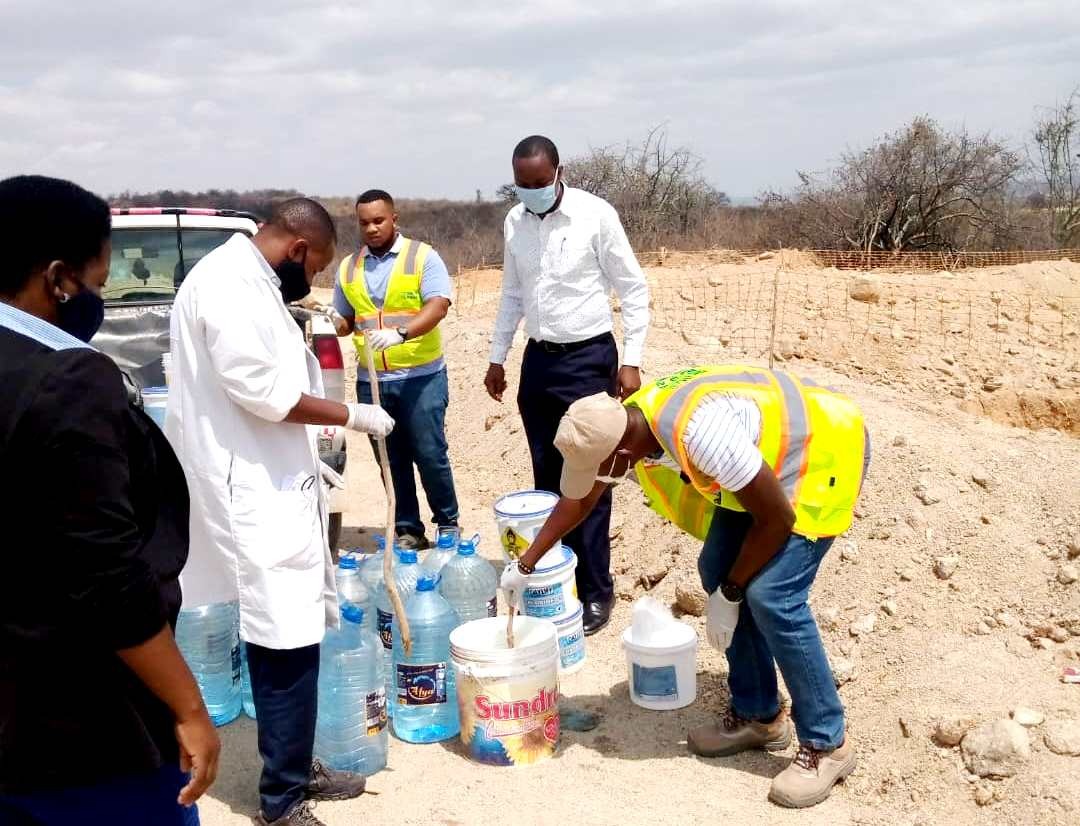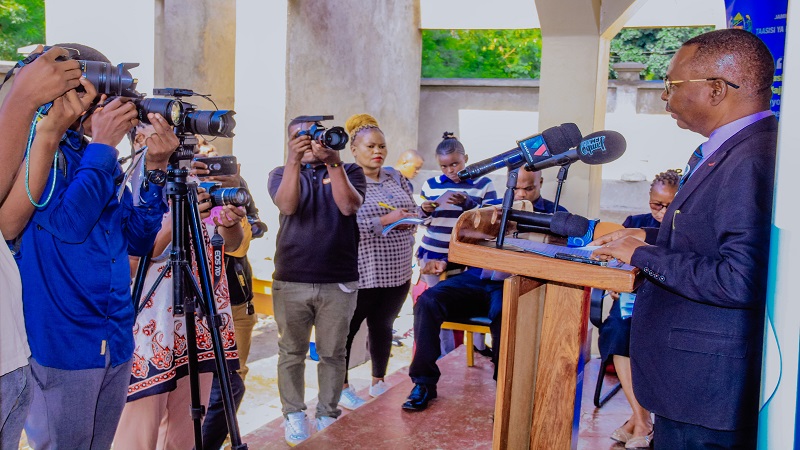2025 General Elections: A test of resilience, reform and renewal in Tanzania’s democracy
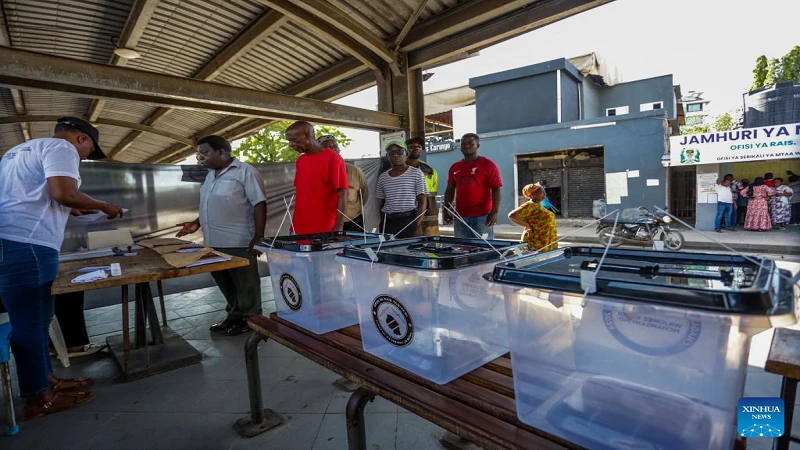
AS Tanzania strides into 2025, the dawn of a new chapter emerges, inviting both deep reflection and an enduring sense of optimism.
This pivotal moment calls not merely for the marking of time but for a thoughtful reckoning with the nation’s journey thus far and the uncharted paths ahead.
In her end-of-year address, President Samia Suluhu Hassan eloquently outlined her administration's achievements in steering the nation through turbulent times, safeguarding economic stability, and championing inclusivity.
Central to her vision is the philosophy of 4Rs—Reconciliation, Resilience, Reform, and Renewal—which has become a unifying pillar for a nation committed to achieving its democratic aspirations.
President Samia assumed the presidency under extraordinary and challenging circumstances following the untimely passing of her predecessor, Dr. John Pombe Magufuli, shortly after his re-election in 2020.
Inheriting a nation grappling with political divisions and economic instability, further compounded by the global disruptions of Covid-19, she embraced the daunting task of fostering unity, rebuilding trust, and inspiring progress.
Her administration has taken deliberate steps to bridge the divide between the ruling party and opposition factions.
Through the formation of a task force dedicated to collecting public views and recommending reforms to critical political statutes—such as the Political Parties Act and electoral frameworks—President Samia has signaled her solid commitment to strengthening Tanzania’s democratic foundation.
The timeless words of Chinua Achebe resonate deeply: “When we gather together in the moonlit village ground, it is not because of the moon. Everyone can see the moon from their own compound. We come together because it is good for kinsmen to do so.” As Tanzania prepares for its 2025 general elections, this profound observation underscores the importance of unity, not merely in process but in purpose.
The 4R philosophy encapsulates this ethos, serving as a rallying cry for national cohesion. Reconciliation seeks to heal divisions and nurture constructive dialogue.
Resilience reflects the enduring strength of a nation that has faced challenges yet continues to rise. Reform aims to address systemic shortcomings, laying the groundwork for justice and equity. Renewal embodies hope, heralding a new dawn where aspirations are matched by opportunities.
Together, these tenets offer a framework for transforming differences into strength and contention into collaboration.
Tanzania stands at a pivotal juncture as the electoral season approaches, the forthcoming elections are more than a contest of political ideas; they are a critical test of the nation’s democratic integrity.
For democracy to thrive, the electoral process must be transparent, inclusive, and credible, as well the political campaigns should move beyond divisive rhetoric, focusing instead on policies that genuinely address the people’s needs and aspirations.
Leaders must rise above partisanship, demonstrating statesmanship that places the nation’s welfare above personal ambition.
The integrity of these elections will reflect Tanzania’s commitment to the principles of 4R.
Reconciliation must go beyond political rhetoric to create an environment where differing opinions are valued and respected. Resilience must shine in safeguarding the sanctity of the ballot, ensuring that every vote counts.
Reform should be visible in fair and just electoral practices, free from manipulation or coercion. Renewal must manifest in a collective commitment to building a future that upholds justice, equality, and opportunity for all.
Achebe’s wisdom reminds us that unity is rooted in shared purpose, as custodians of Tanzania’s democratic heritage; the citizens bear the responsibility of not merely participating but actively shaping the nation’s destiny.
The electorate must embrace the values of tolerance, mutual respect, and inclusivity, treating differences of opinion as opportunities for dialogue rather than sources of division.
Beyond casting votes, citizens must remain vigilant, resisting narratives or actions that threaten the fabric of national unity.
Their commitment to dialogue, empathy, and respect will define the strength of Tanzania’s democracy.
Through embodying these ideals, citizens contribute not just as voters but as agents of a shared vision for the nation’s future.
President Samia’s philosophy of 4R transcends policy; it is a moral imperative that calls every Tanzanian to action.
Reconciliation heals wounds, resilience sustains progress, reform enhances justice, and renewal inspires hope. These principles must move beyond rhetoric, finding expression in the lived experiences of all Tanzanians.
The 2025 elections provide a unique opportunity to demonstrate the maturity of Tanzania’s democracy.
Embracing the spirit of 4R, the nation can set a benchmark for governance that is both aspirational and attainable.
Leaders and citizens alike must seize this moment, showing that democracy is not merely an event but an enduring journey toward growth and enlightenment.
Achebe’s timeless words remind us that unity is not the absence of differences but the presence of a shared purpose.
As Tanzania advances, let the 2025 elections stand as a testament to its democratic strength, a celebration of its diversity, and a commitment to peace and progress.
Together, let us build a nation where every voice is heard, every right respected, and every action guided by the dignity and spirit that define Tanzania.
Top Headlines
© 2025 IPPMEDIA.COM. ALL RIGHTS RESERVED











